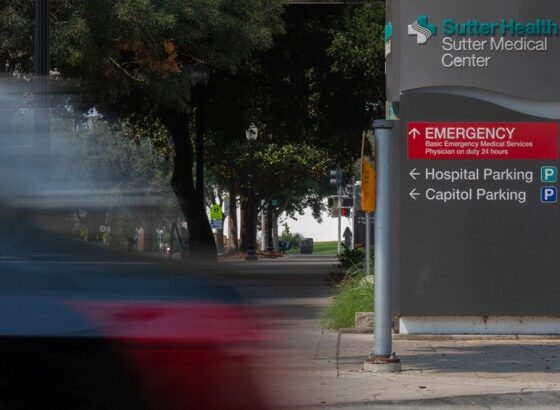Is the current Medicare reimbursement method flawed? It depends on your perspective, but one thing appears more and more apparent – the recent healthcare reform bill does not appear to be a solution to the problem.
BNET Today
Judging by the opposition of surgical societies and some state medical societies to the Senate healthcare-reform bill passed last December, many physicians — particularly highly paid specialists — are relieved now that it appears the legislation is on its deathbed. But they shouldn’t be too gleeful, because in the absence of reform, fewer and fewer patients will be able to afford their services.
Just ask Clyde Yancy, a cardiologist who heads the American Heart Association (AHA). Yancy cited a recent AHA survey of heart patients in explaining why he believes that reform of the system is still necessary. In the survey of 1100 adults who said they had heart disease, a stroke, or high blood pressure, 56 percent of the respondents — most of whom had insurance — said they’d had trouble paying for prescription drugs or medical care in the past few years.
In an op-ed piece about the survey in a trade publication, Yancy referred to the “collective sigh” of relief among physicians about the stalling of reform and suggested that it’s premature. “The need for the discussion has not gone away,” he said. “If anything, that need is highlighted by this survey.”
Of course, Yancy is walking a fine political line. He chose not to highlight the financial pain doctors will feel as insurance coverage shrinks, and instead focused on the problem of patients not receiving proper care because they can’t afford it. But his intended audience of heart doctors can certainly read between the lines, particularly since they’re already battling to preserve their incomes in light ofsome recent Medicare changes.
Last fall, Medicare announced changes in its reimbursement methodology that basically lowered payments to specialists while raising them for primary-care physicians. Cardiologists, among the hardest hit specialists, were slated to lose an average of eight percent in 2010 and more in the ensuing three years. The new fee schedule also slashed payments for nuclear scans by 40 percent and cut the fees for echocardiograms and other tests by about a third. In late December, the American College of Cardiology (ACC) sued HHS Secretary Kathleen Sebelius to reverse the cuts scheduled to take effect Jan. 1. Two weeks later, a federal court in Miami dismissed the suit on jurisdictional grounds, but the ACC pledged to carry on the legal fight.
The cardiologists, of course, claim that the drop in Medicare payments for high-end imaging tests will drive some of them out of business and that they’ll have to cut back on the services for the poor. In actuality, though, heart doctors have steadily ramped up their use of tests and other services to maintain their incomes. A study released last fall by cardiology services provider MedAxiom found that visits to cardiologists had risen 12 percent in 2009 and that return visits had climbed 34 percent since 2000. Meanwhile, the number of echos that cardiologists performed jumped 15 percent in 2009 and 43 percent in the previous five years.
These numbers highlight the main issue: the more Medicare cuts back on reimbursement, the more tests, procedures and follow-up visits physicians do. And the more doctors do, the more Medicare cuts its fees. The only solution is to dump the fee-for-service payment system — a goal that some of the provisions in the healthcare reform legislation would move us toward. Having to live within a budget would upset cardiologists even more than the recent Medicare cuts. But it’s hard to see how their patients will be able to afford their services in the long run under any other reform plan.


